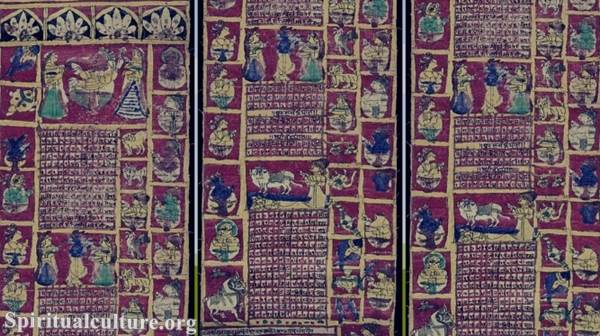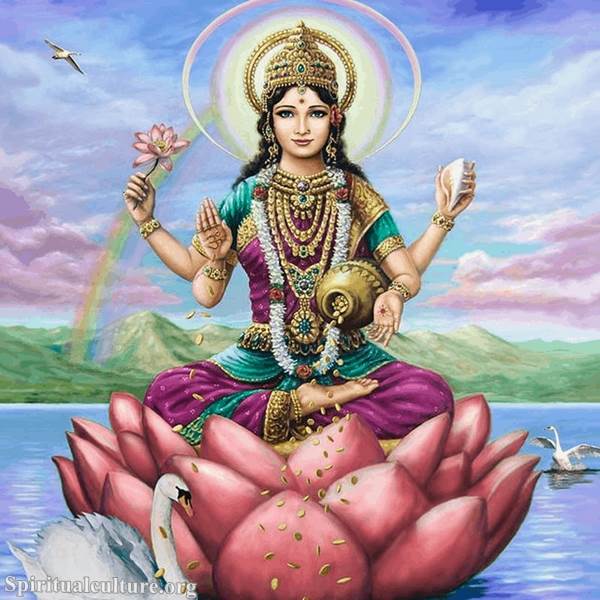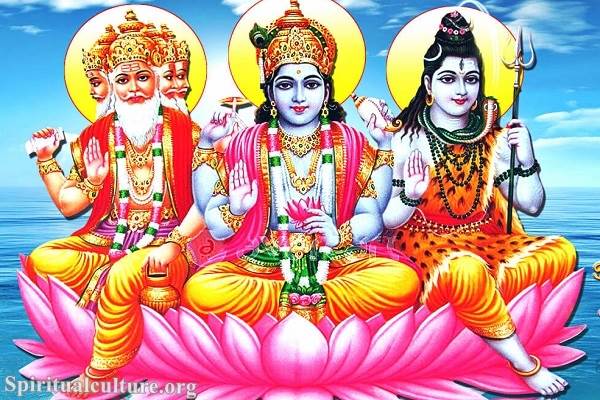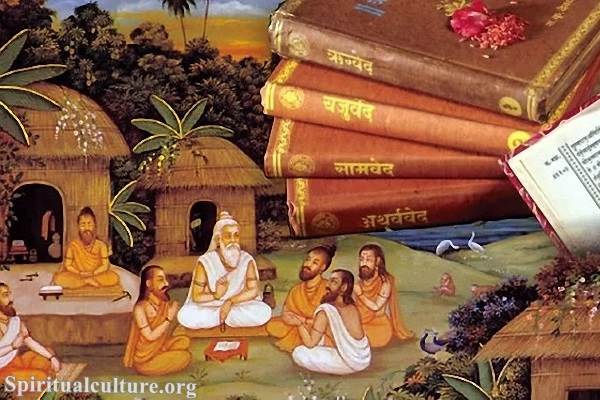In Hindu belief, heaven is one of several possible destinations for the soul after death, depending on how the individual has lived. The concept of heaven in Hinduism is called “svarga.” It is believed to be a place of great joy and pleasure, where the soul is reunited with loved ones and experiences the fruits of its good deeds.
In Hinduism, there are also many other realms that the soul can go to after death, including other higher and lower realms, depending on the person’s actions and virtues in life.

The concept of heaven and the afterlife is an important aspect of Hindu belief, and it is seen as a way to motivate people to live virtuous lives and to seek liberation from the cycle of death and rebirth.
Hindus believe that the soul is eternal and that it passes through a cycle of birth, death, and rebirth, and the individual’s actions and virtues determine the quality of each life.
According to Hindu belief, those who lead virtuous lives and perform good deeds are rewarded with a higher level of existence in the next life, which may include a place in heaven. On the other hand, those who lead lives filled with wrongdoing and sin may be reborn into a lower existence or even be punished in the afterlife.
The idea of heaven in Hinduism is closely tied to the concept of dharma, which refers to the moral and spiritual principles that govern the universe. Hindus believe that living a life in accordance with dharma is essential for achieving happiness and fulfillment, both in this life and in the afterlife.
There are many different stories and descriptions of heaven in Hindu literature, and the concept of heaven is understood differently by different Hindus. Some may see it as a literal place where the soul goes after death, while others may see it as a state of being or consciousness that can be achieved in this life or the next.
Regardless of how it is understood, heaven is an important aspect of Hindu belief and is seen as a reward for living a virtuous life.




